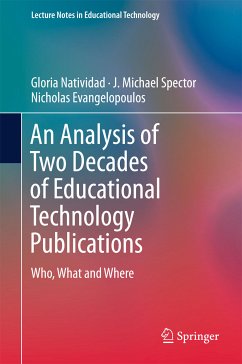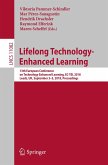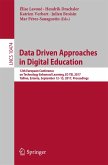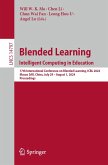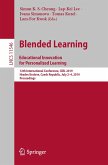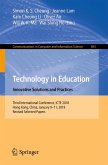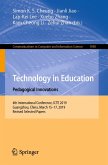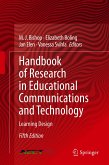This book presents a challenging and multi-faceted research project that required state-of-the-art methodological approaches. The project involved analyzing data collected from 10,000 research articles published in ten leading journals in the area of educational technology over 20 years, from January 1994 to December 2014; advanced analytic approaches such as latent semantic analysis (LSA); and expert insights and interpretations of the subject matter.
It captures the trends in a number of research streams within the discipline of educational technology and identifies the point in time when a massive change took place. This is a significant achievement given that, in epistemology and philosophy of science, there have always been discussions of paradigm shifts, but researchers have always identified them qualitatively. This is the first work to identify a paradigm shift using rigorous quantitative methods.
The analysis procedure involved big data and sophisticated analysis, which supported the identification of clusters at several breakpoints from which the richest set was selected in order to provide the most detailed analysis. This comprehensive analysis also shows what has been published and by whom in those ten top-tier journals. This work makes a highly significant contribution to the field of learning technologies and provides the groundwork and a significant data source for other scholars, both new and experienced, to build on and expand in their work.
Dieser Download kann aus rechtlichen Gründen nur mit Rechnungsadresse in A, B, BG, CY, CZ, D, DK, EW, E, FIN, F, GR, HR, H, IRL, I, LT, L, LR, M, NL, PL, P, R, S, SLO, SK ausgeliefert werden.
Es gelten unsere Allgemeinen Geschäftsbedingungen: www.buecher.de/agb
Impressum
www.buecher.de ist ein Internetauftritt der buecher.de internetstores GmbH
Geschäftsführung: Monica Sawhney | Roland Kölbl | Günter Hilger
Sitz der Gesellschaft: Batheyer Straße 115 - 117, 58099 Hagen
Postanschrift: Bürgermeister-Wegele-Str. 12, 86167 Augsburg
Amtsgericht Hagen HRB 13257
Steuernummer: 321/5800/1497
USt-IdNr: DE450055826
Bitte wählen Sie Ihr Anliegen aus.
Rechnungen
Retourenschein anfordern
Bestellstatus
Storno

